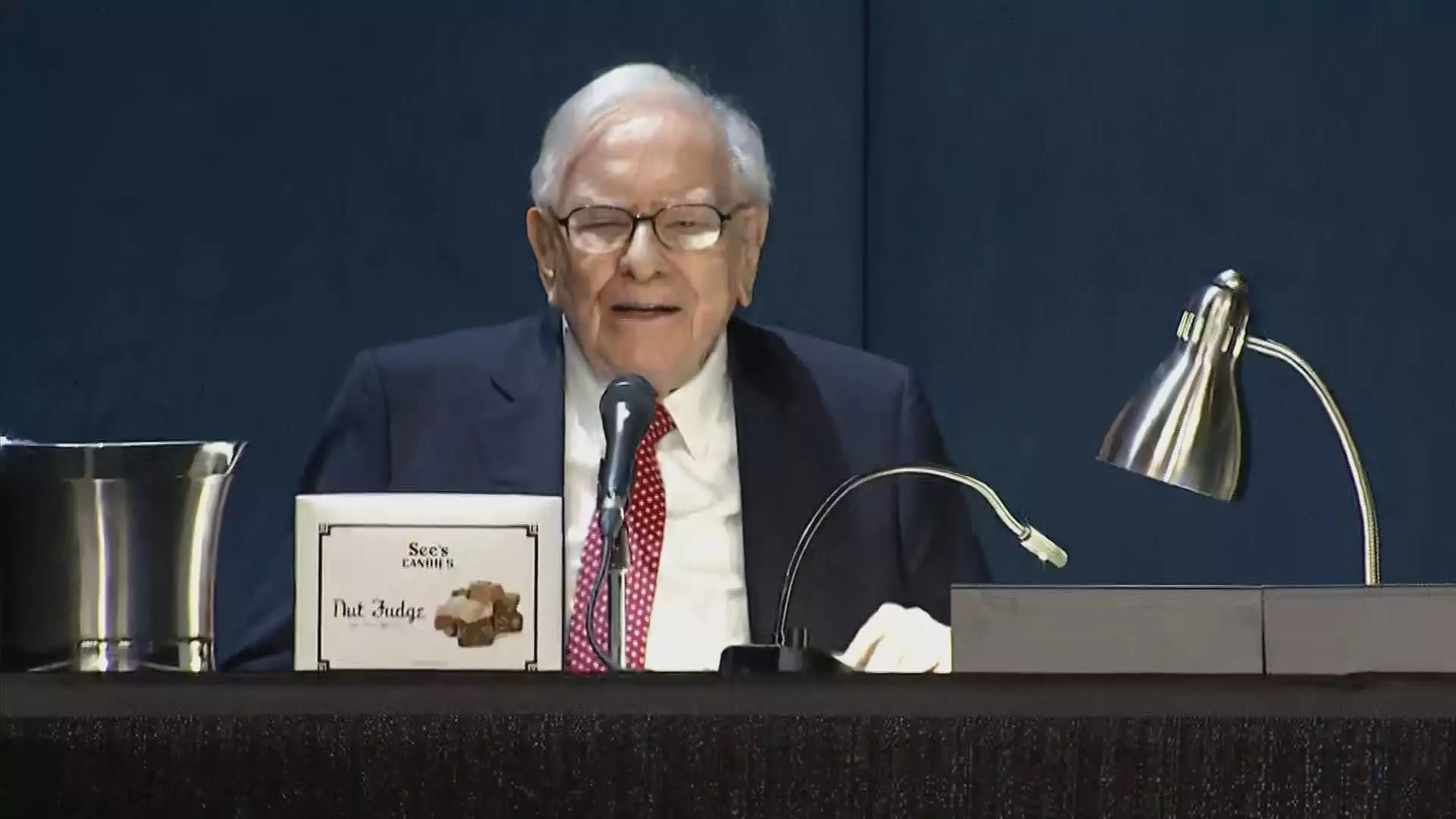Warren Buffett’s Berkshire Hathaway has been making significant waves in the financial markets lately, particularly with its ongoing sales of Bank of America (BofA) shares. This recent string of sales raises pertinent questions about the strategies driving these decisions and the implications for both Berkshire and BofA moving forward.
Recently, the Omaha-based conglomerate offloaded a substantial amount of BofA shares, with total sales exceeding $7 billion since mid-July. Just in the last few days, Berkshire divested 5.8 million shares for approximately $228.7 million, averaging a selling price of $39.45 per share. This action marks the continuation of a selling streak that has persisted for twelve consecutive trading sessions. Such a robust sell-off is indicative of strategic maneuvers within Berkshire, yet it has triggered speculation regarding the health of Bank of America and the reasoning behind Buffett’s divestment.
BofA has seen its prominence in Berkshire’s investment portfolio diminish; it has now become the third-largest holding behind Apple and American Express. This represents a significant shift for a stock that was once deemed a cornerstone of Buffett’s investment strategy. The question arises: what factors are prompting such a drastic reduction? Is it a commentary on BofA’s future prospects, or are broader market dynamics at play?
Buffett’s initial foray into BofA dates back to 2011 when he decided to invest $5 billion during a critical period for the bank, which was grappling with the aftermath of the financial crisis. His investment not only provided BofA with a much-needed capital infusion but also sent a reassuring signal to the market, stabilizing confidence in the institution. Buffett later converted warrants in 2017 and added further shares to his growing position in the bank.
Now, as Berkshire has sold over 174.7 million shares for a staggering $7.2 billion, one cannot help but reflect on how the dynamics have altered since Buffett first made his bet on BofA. Although the stock has appreciated by approximately 16.7% this year, it remains to be seen whether this upward trajectory will be maintained amidst evolving economic conditions.
Brian Moynihan, CEO of Bank of America, recently addressed Berkshire’s selling actions during the Barclays Global Financial Services Conference. His comments highlight an essential aspect of corporate culture and relationships between companies and their major investors. Moynihan expressed uncertainty regarding Buffett’s motivations and emphasized that they do not seek to interrogate him about such decisions.
His remarks can be seen as an acknowledgment of the unpredictability inherent in the investment world, where even the most storied investor may lead to unforeseen market reactions. He maintained an optimistic outlook on the BofA stock, indicating that the market is effectively absorbing the shares being sold. This balance suggests that while significant sell-offs can raise eyebrows, they do not necessarily translate to negative performance for the underlying asset.
For investors, Buffett’s actions could serve as a double-edged sword. On one hand, his extensive experience in assessing the health of investments can yield insights into broader market movements. On the other hand, this recent divestment of BofA shares could sow seeds of uncertainty among potential investors wondering if they should follow suit or if they will miss out on future gains.
As the market continues to adjust to these developments, one must consider the long-term implications of Buffett’s strategy. If the trend of sell-offs continues, how might that reshape perceptions of Bank of America as a stable investment? Conversely, if this is merely a recalibration of Buffett’s expansive portfolio, it could open up opportunities for new investors to capitalize on the potential growth of BofA stock.
Warren Buffett’s decision to reduce Berkshire Hathaway’s stake in Bank of America reflects not only a strategic realignment but also highlights the complexities of the investment landscape. As the financial world watches closely, the performance of BofA in the wake of these sales will be pivotal in determining both its reputation and investor sentiment moving forward.

